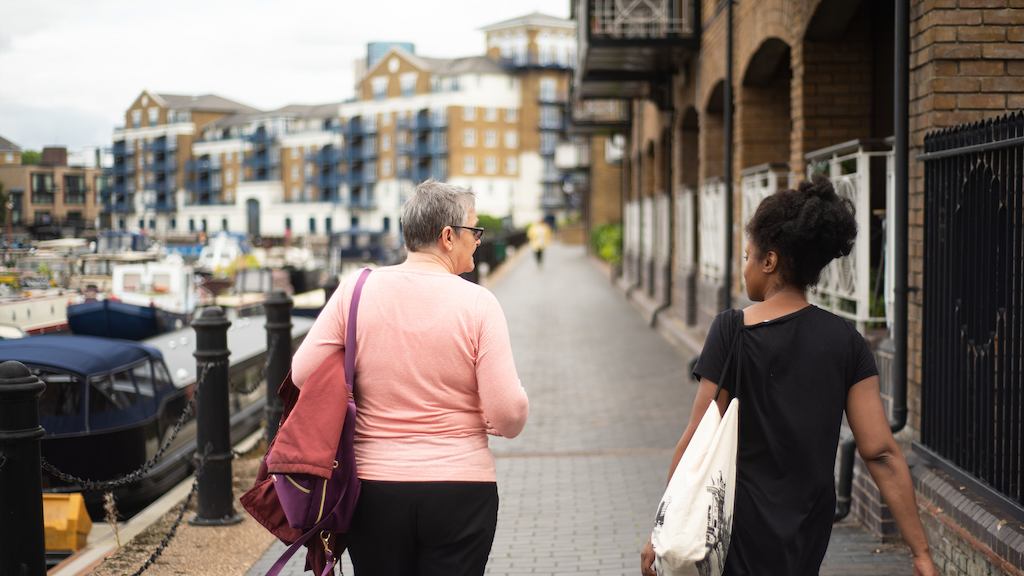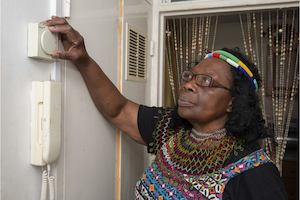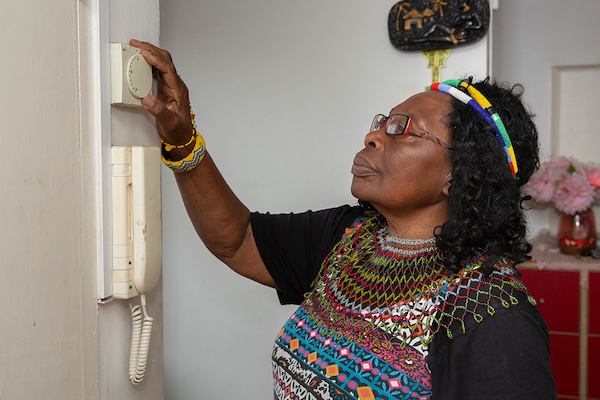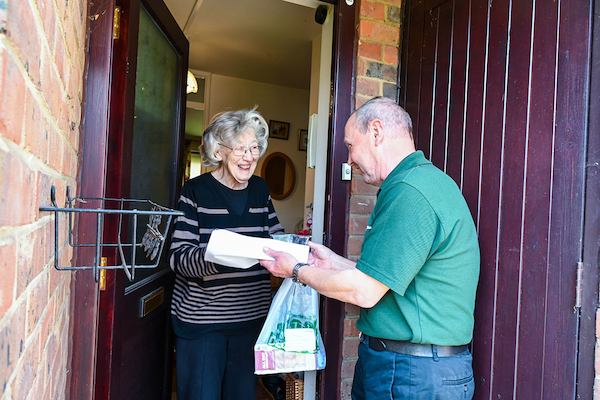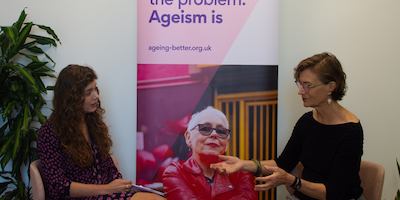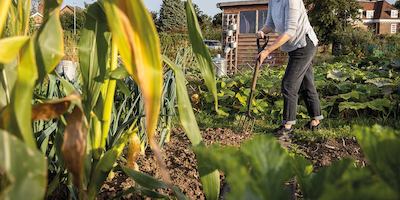Last week’s Spring Budget and its detrimental impact on pensioner incomes is set to compound already significant levels of poverty among the nation’s ageing population, a new report from the Centre for Ageing Better details today.
Almost one in five pensioners in the UK were already in relative poverty before the announcements made in last week’s Budget, as detailed in the charity’s new finance chapter of its State of Ageing report released today.
The state pension leaves a single pensioner more than £50 short every week of the income needed to achieve the minimum socially accepted standard of living while pensioner couples are £80 short.
This shortfall has grown almost four-fold since the start of the cost-of-living crisis for single pensioners and more than doubled for pensioner couples.
The cost-of-living crisis is significantly compounding the financial vulnerability of the poorest pensioners in society, new Centre for Ageing Better analysis of the Financial Fairness Tracker Survey reveals.
These new figures reveal large proportions of people aged 70 and above who are in serious financial difficulties have cut back on the essentials of life including;
- Two in five (39%) are eating less than they should
- Almost half (47%) avoiding going to the dentist
- Almost three in four (73%) reducing the use of their cooker or oven
- More than one in two (58%) not seeing family and friends as often
- Three in five (61%) reducing the number of showers/baths they have
As part of its new report, the Centre for Ageing Better is calling for:
- The establishment of an independent Commissioner for Older People and Ageing to champion the rights of older people and ensure policymaking considers the needs of England's ageing population.
- The UK government to pause proposals to raise the state pension age until a plan is put in place to ensure any changes do not significantly increase poverty levels among older people.
- A government strategy to increase the uptake of Pension Credit, including specific and tailored support for pensioners from minority ethnic backgrounds most at risk of poverty.
- A national, targeted programme of 50 Plus employment support to ensure that workers in their 50s, 60s and beyond are given fair opportunities to continue in the workplace and accrue greater financial support for retirement.
Last week’s Spring Budget hit the nation’s 8 million pensioners with a tax rise of almost £1,000 per year by 2027/28 because of the Chancellor’s decision to freeze income tax thresholds, according to analysis by the Resolution Foundation.
This is likely to lead to an increase in the upcoming years in the number of pensioners in poverty in the UK which currently stands at 2.1 million.
The new State of Ageing finance chapter details how pensioner poverty rates have been rising over the past 10 years following nearly two decades of decline.
Of all UK pensioners in poverty, more than half (55%) are in deep poverty and almost three in ten (29%) are in very deep poverty.
The poverty rate for the growing number of single pensioners (25%) is almost double the rate for pensioners in a couple (14%).
Regionally, the number of pensioners in relative poverty range from more than one in seven (15%) in the South-West of England to almost one in four (23%) in London where high housing costs, higher proportions of older renters and a higher proportion of pensioners from ethnic minority groups are significant factors.
The new State of Ageing report reveals 2.9 million pensioners have no private or workplace pension including more than two in five of the poorest pensioners (almost 1 million) with the lowest 20% of incomes.
More than one in ten pensioners (1.3 million people) have no savings at all and one in three pensioners (almost 4 million people) have less than £3,000 in savings.
